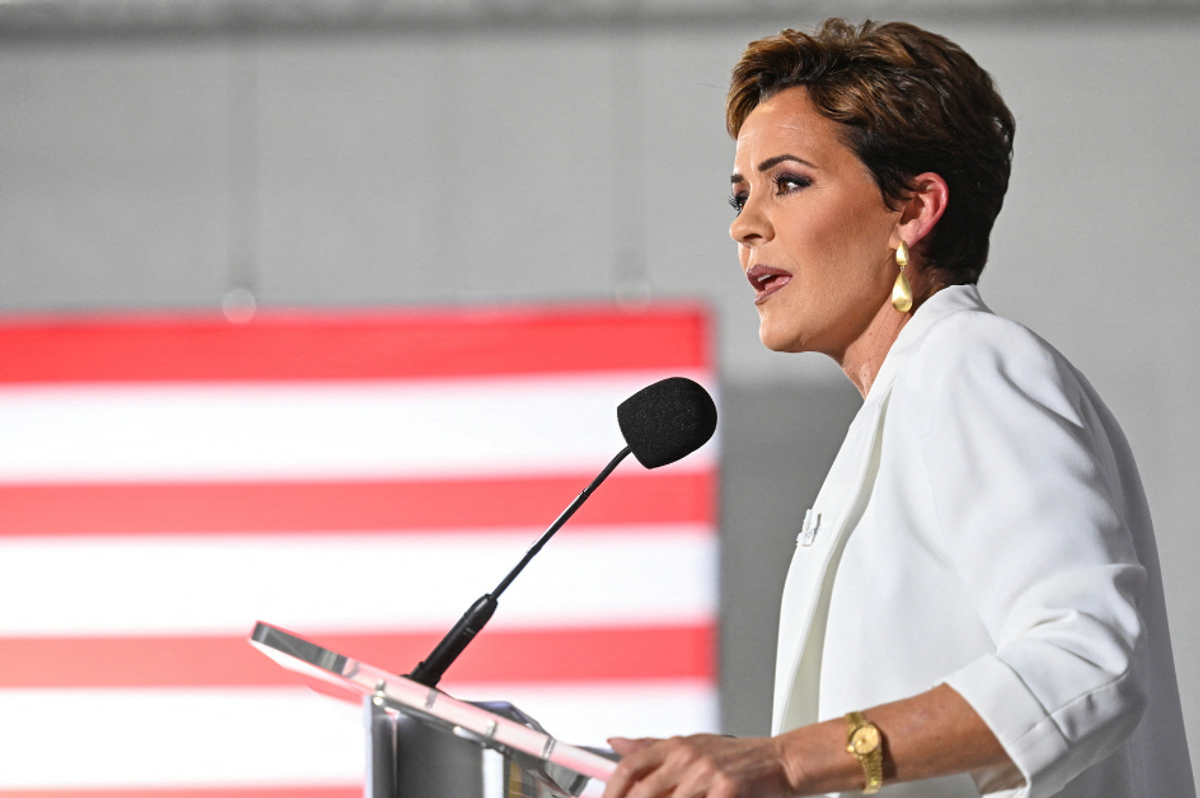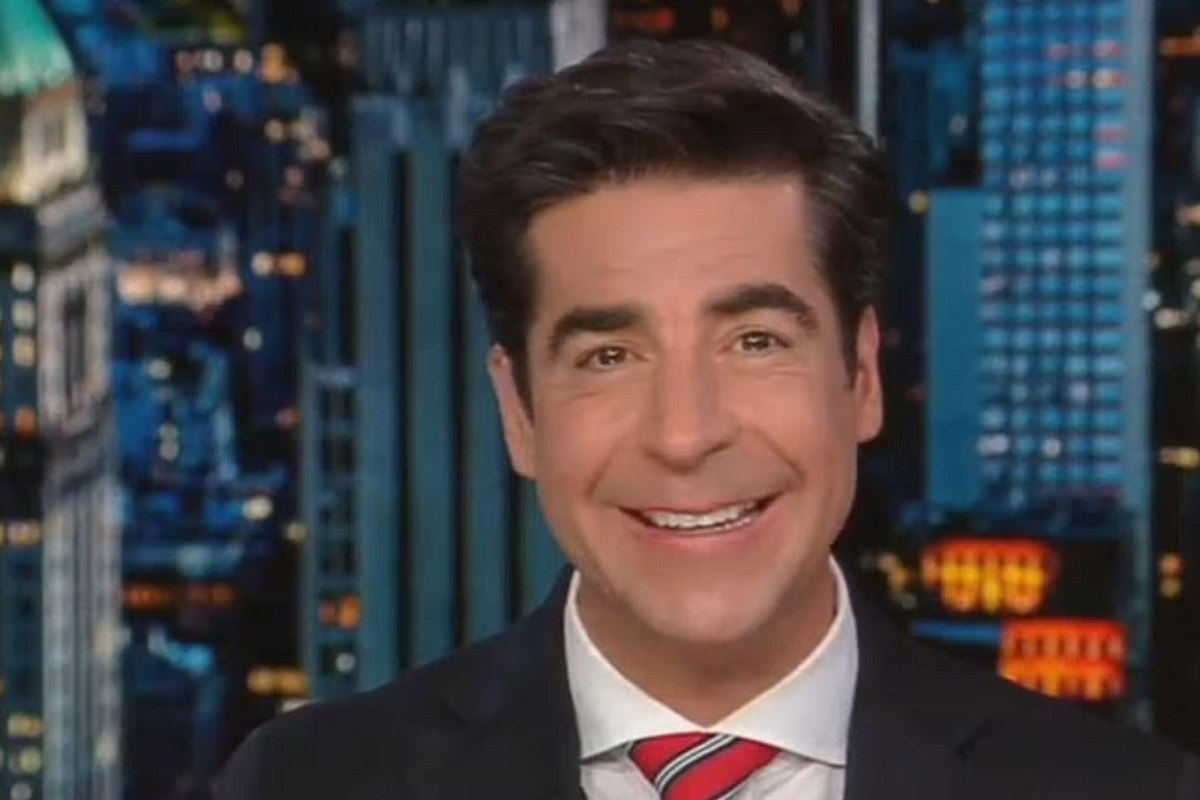
Reprinted with permission from Alternet.
In states where marijuana has been legalized, traffic stops resulting in searches by state police are down dramatically, according to a new analysis from the Marshall Project and the Center for Investigative Reporting.
With marijuana possession being legal, police in legal states can no longer assume criminal activity merely because of the presence of pot, which would have given them probable cause to conduct a search. And that means fewer interactions between drivers and police, reducing the prospect of dangerous—or even deadly—clashes.
But even though the number of searches dropped for all racial groups, black and brown drivers are still being subjected to searches at a higher rate than whites, the study found. And because the report only studied state police (Highway Patrol) stops, not stops by local law enforcement, which patrols urban areas with higher minority population concentrations, it may understate the racial disparity in traffic stop searches.
The report is based on an analysis of data from researchers at Stanford University, who released a report this week studying some 60 million state patrol stops in 31 states between 2011 and 2015, the most thorough look yet at national traffic stop data. The results from the legal pot states of Colorado and Washington are striking.
In Colorado, the number of traffic stop searches dropped by nearly two-thirds for whites, 58% for Hispanics, and nearly half for blacks. In Washington, the search rate dropped by about 25% for whites and Hispanics, and 34% for African Americans.
Still, racial disparities in search rates persisted in both states. In Colorado, the search rate for black drivers was 3.3 times that for whites, and the rate for Hispanic drivers was 2.7 times that for whites. In Washington, blacks were twice as likely to be searched as whites, while the search rate for Hispanics was 1.7 times that of whites.
The traffic stop search data parallels what happened with marijuana arrests in legal states. In Colorado, for instance, a 2016 Department of Public Safety report found that while the number of pot arrests dropped by nearly half after legalization, the arrest rate for blacks was still nearly three times that of whites.
“Legalizing marijuana is not going to solve racial disparities,” said Mark Silverstein, legal director of the American Civil Liberties Union of Colorado. “We need to do a lot more before we get at that.”
But legalizing marijuana does reduce the number of traffic stop searches, and given the fraught relationship between police and the citizenry, especially communities of color, that is a good thing in itself.
Phillip Smith is editor of the AlterNet Drug Reporter and author of the Drug War Chronicle.
This article was made possible by the readers and supporters of AlterNet.



